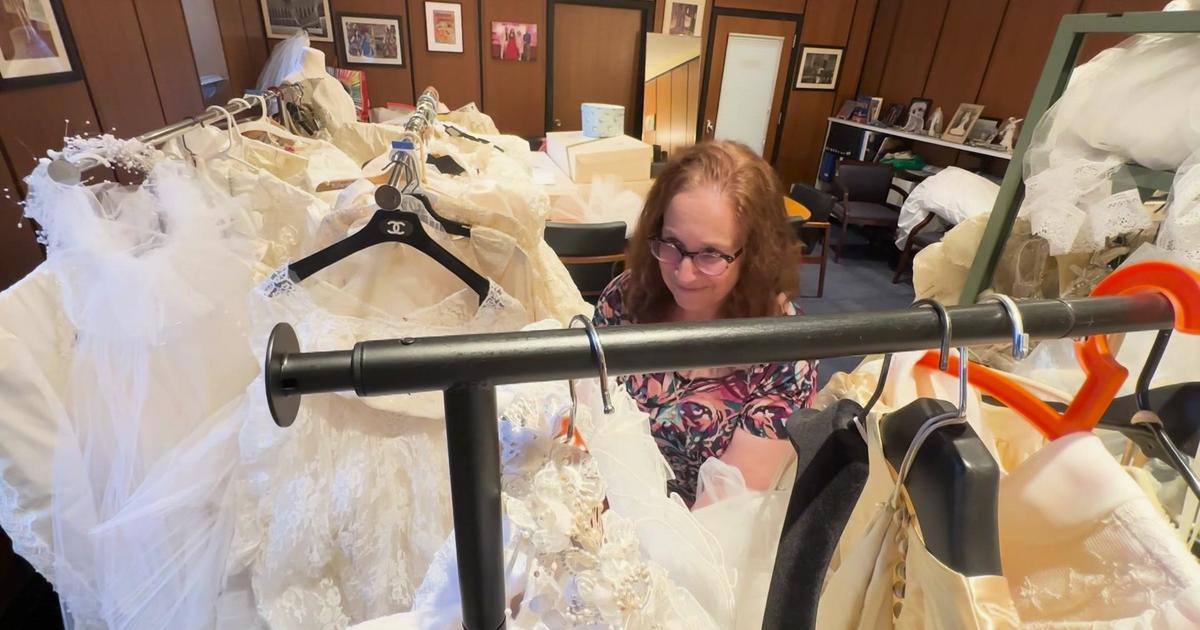Subway Delays Are Costing New Yorkers Serious Time And Money, Report Says
NEW YORK (CBSNewYork) -- A new report has found that Metropolitan Transportation Authority subway delays are costing riders time and money.
The study by the city's Independent Budget Office released this week shows the average number of delays, which they define as a train running more than five minutes behind schedule, increased substantially over the last five years.
In 2012, the system averaged about 20,000 a month. In May of this year, that number increased to 67,450.
Translated into dollars, the study found that the 35,000 hours lost on delays during the morning rush in a 12-month period ending in May equates to $1.2 million a day or $307 million a year in lost productivity.
"I think it's horrendous," rider Richard Thomas told CBS2's Janelle Burrell.
"They always seem to be running slow, running late," said commuter Tom Gordon.
"Your employer doesn't want to hear that it's the train," said rider Paulette Minott. "It's the trains every day, you know?"
"I think it's a disgrace," said another.
The worst lines for delays were the J and Z, where delays were up 71 percent since 2012 followed by the C with delays up 69 percent and the No. 7 with 62 percent.
Lost hours have increased the least on the No. 3, up only 25 percent, the G up 26 percent and the No. 4, up 31 percent.
The report also revealed that about one-fourth of weekday train runs have gaps in service, wherein passengers wait longer for subway trains to arrive than acceptable under time frames set up by the MTA.
Riders of the G train were least likely to encounter service gaps between January 2015 and May 2017, with 83 percent of trains meeting service standards.
Next best were the D with 80 percent and the Q with 79 percent. Worst were the No. 5 with 66 percent of train runs meeting standards, followed by the No. 6 with 67 percent and the A with 70 percent.
The study has set off another round of finger pointing about who should pay for the critically needed subway repairs.
"I am a rider, and I am very well aware of the delays," MTA Chairman Joe Lhota said, "It does cost time, and time is money, but what is important is that we put together a plan, and will work diligently to get the system back to work."
Lhota blamed de Blasio for being part of the problem, charging his refusal to chip in half the cost of the emergency repair program was delaying subway improvements.
"It will only work if he comes to the table," he said.
Other elected officials piled on.
"I'm hoping that the city of New York will chip in," Sen. martin Golden (R-Brooklyn) said.
"Stop the politicking and begin to do the work on behalf of our people," Assemblyman Feliz Ortiz (D-Brooklyn) added.
A de Blasio spokesman repeated the mayor's demand that the state pay the city's share do the repair bill because in the past it's used MTA funds for its own purposes.
"Cit taxpayers won't stand for endlessly funding the MTA while the state refuses to return the nearly half-billion dollars it stole from it," spokesman Austin Finan said.
Without the city's money, the MTA will only be able to make half the repairs. What stays and what goes are to be revealed at the MTA's next board meeting.
Nick Sifuentes with the Subway Rider's Alliance says it's especially troubling for those at the lower rung of the economic ladder.
"They're an hour late to work, they're not gonna get that $10 back or what have you. And for some people, that's like, you know, rent or lunch or what have you. Those are like, real economic consequences," he told WCBS 880's Marla Diamond.
In response to the report, the MTA released a statement saying it was focusing on easing delays.
"The subway and our unparalleled 24-hour-a-day mass transit network are the engines that power a city economy that continues to grow and outpace the nation. Chairman Lhota's Subway Action Plan is stabilizing the subway by targeting the biggest drivers of delays across the system – and that is exactly why we need City Hall and Mayor de Blasio to commit to paying its 50 percent share to fully implement the Plan," MTA spokesman John J. McCarthy said in a statement.
The study was conducted before Gov. Andrew Cuomo declared a state of emergency for the aging system back in July. It's a $836 million plan that officials say will address track and power problems and subway car breakdowns, among other issues.
Some of the subway repair work is already underway, but many riders say they have yet to see how the improvements are benefiting their subway lines.
"I haven't seen no changes as of yet," said Thomas. "Hopefully they can get it in order where we can commute without delays."
The budget office said it conducted the study at the request of Brooklyn Borough President Eric Adams.



